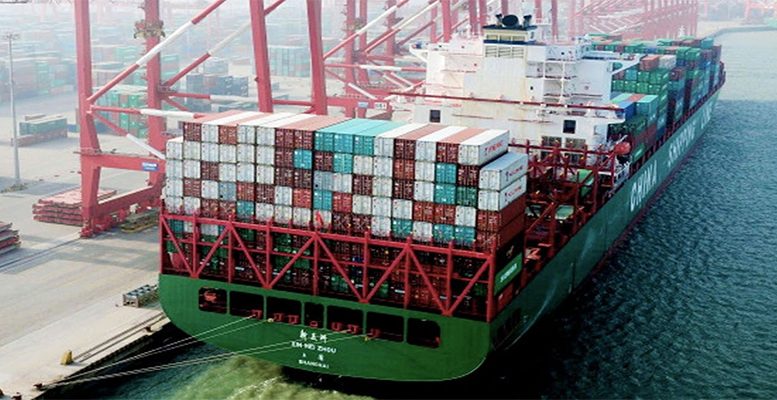Alicia García Herrero (Natixis) | The European Union has a historically strong economic relationship with Africa, but its dominant position has gradually been challenged by the rise of China, especially as a key exporter to Africa. In 1995, China’s exports to Africa were only $1.8 billion, significantly lower than the EU’s exports of $45 billion. However, after nearly thirty years’ of increasing its manufacturing capacity, China’s exports to Africa reached $164 billion in 2022, only 12% lower than the EU’s $187 billion.
Conversely, the importance of the EU and China as markets for African exports varies significantly. So far, the EU remains the leading market for Africa, while Chinese imports have been growing at a slower pace. Despite much higher GDP growth than the EU, China’s imports from Africa amounted to only $118 billion in 2022, whereas the EU has sustained its imports from Africa, which further increased to $247 billion in 2022. Consequently, China held a substantial trade surplus of $40 billion with Africa in 2022, whereas the EU had a trade deficit of $61 billion with Africa.
The asymmetric trade pattern points to an important geoeconomic reality. Africa’s large trade deficit with China may potentially lead to contention in the future, especially if it continues to increase as China expands industrial production. Conversely, Africa has maintained a more comfortable position with Europe, namely large trade surplus, which bodes well for sustainability from African perspective.
A deeper look at the product breakdown shows that the EU has a higher reliance on African fuels (such as oil and natural gas), especially after the strategic shift away from Russian energy. While China also imports fuels, ores, and metals from Africa, it does so in a more limited amount. Second, the EU mainly exports medium- to high-technology intensive goods, showcasing the comparative advantage of EU producers, whereas China’s manufacturing exports to African encompass a much wider range, spanning from low- to high-technology intensive products, as well as other labor-intensive goods.
In sum, the EU is losing its export advantage compared with China in the African market. However, its trade deficit which Africa, as opposed to China’ trade surplus, makes the EU appealing for African exporters. This has been further bolstered by the EU’s persistent endeavor to import more fuels from Africa rather than Russia. At the same time, Chinese exporters have not only solidified their position in labor, resource-intensive, and low-technology goods, but also made inroads into medium and high-technology goods. This challenges the EU’s role as a supplier of high-end goods to Africa.
China catches up with EU’s exports to Africa, but imports far less





